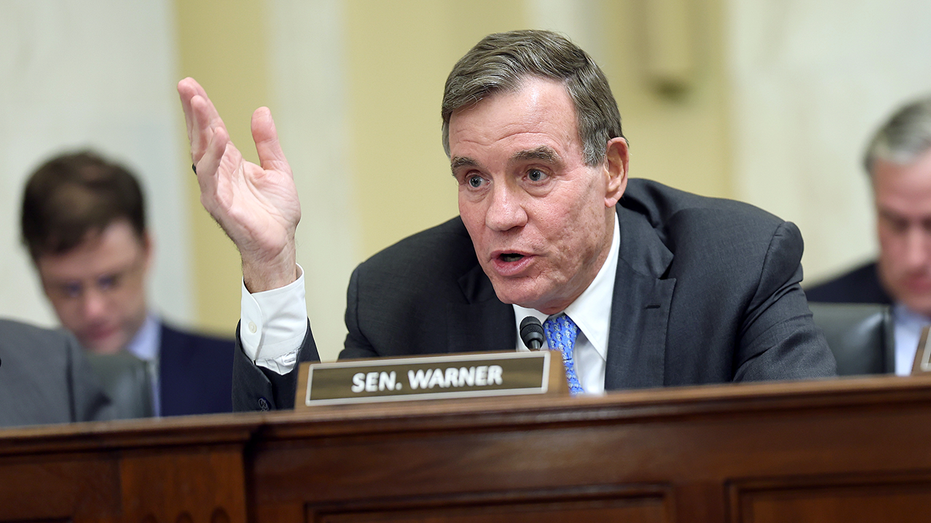A sharp divide has erupted in Congress over recent U.S. military strikes in the Caribbean, targeting vessels suspected of drug trafficking. Senator Mark Warner, leading Democrat on the Senate Intelligence Committee, delivered a scathing rebuke of the Trump administration’s decision to brief only Republican lawmakers on the operations.
Warner characterized the exclusion of Democrats as “indefensible and dangerous,” asserting that decisions involving the use of American military force transcend partisan politics. He argued that such actions undermine national security and disregard Congress’s constitutional duty to oversee matters of war and peace.
The senator emphasized the gravity of the situation, stating that these are not campaign strategies but critical decisions demanding serious consideration. He labeled the move a “slap in the face” to Congress’s war powers and a reckless precedent with potentially far-reaching consequences.
At the heart of the dispute lies a legal opinion from the Justice Department’s Office of Legal Counsel, justifying the strikes. Democrats have been urgently requesting access to this document, a request Warner insists was personally promised by a Republican Senator just last week.
The Pentagon responded by claiming that “appropriate” committees, including the Senate Intelligence Committee, had been briefed on a bipartisan basis. However, this assertion does little to quell the growing concerns about transparency and accountability.
Beyond the partisan battle, questions are being raised about the legality of the strikes themselves. Democratic members of the Senate Judiciary Committee have formally demanded to review the legal justification, citing potential violations of existing laws.
The criticism isn’t solely confined to the opposing party. Senator Rand Paul, a Republican, has voiced concerns about the lack of due process and the risk of mistakenly targeting innocent civilians. He pointed to Coast Guard statistics revealing a significant number of boarded vessels are ultimately found to be innocent.
Paul further warned that if the administration contemplates escalating the situation into a broader conflict with Venezuela, a formal declaration of war from Congress would be essential. Representative Thomas Massie echoed these concerns from the House side.
These developments coincide with the Pentagon’s announcement of a 14th strike against suspected drug boats since September, resulting in the deaths of four more individuals in the Eastern Pacific. To date, these operations have reportedly claimed the lives of 61 people, with only three survivors.
Adding to the controversy, the Pentagon has yet to release the identities of those killed or provide concrete evidence confirming the presence of drugs on board the targeted vessels. This lack of transparency fuels the growing demand for a full and impartial investigation.
The situation underscores a fundamental tension between executive authority and congressional oversight, raising critical questions about the limits of presidential power in the realm of military action and the importance of upholding constitutional principles.






